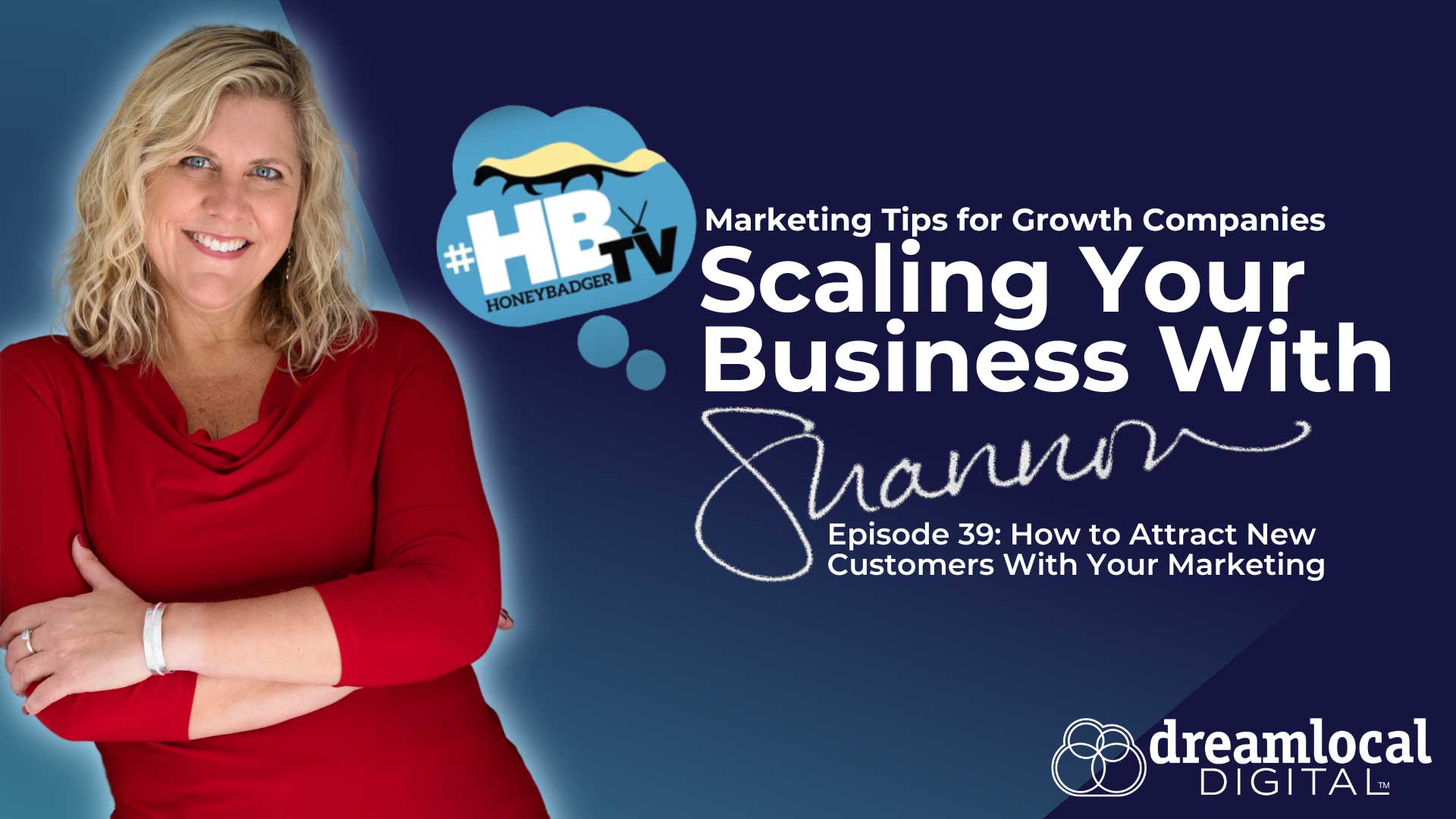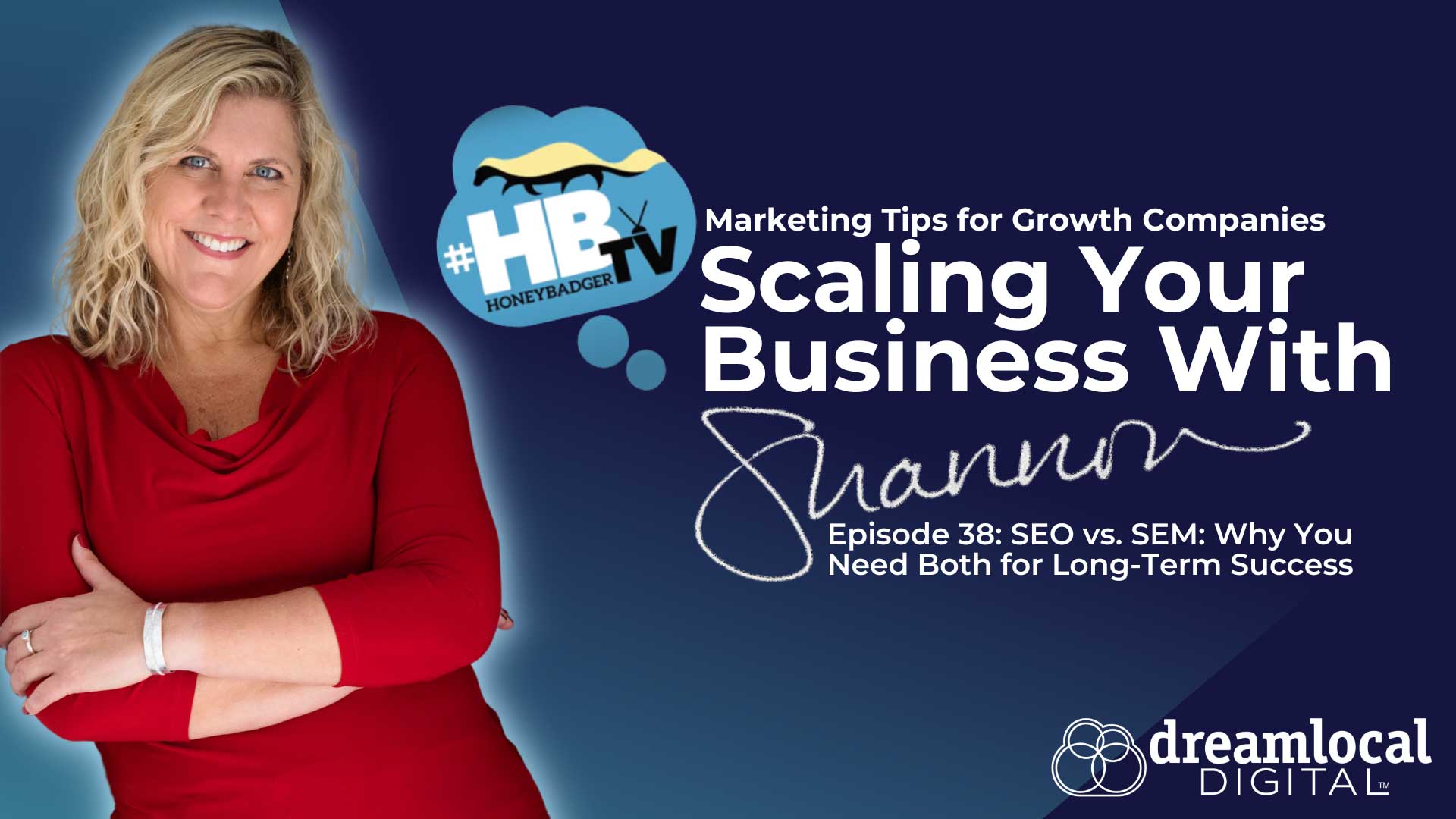Your Guide to Facebook Ad Targeting

Creating a social media strategy should include both organic and non-organic (aka paid) approaches. The best social media platform for such non-organic efforts is Facebook ads because it also allows brands to cross-advertise on Instagram.
As much as brands would love to not invest in paid advertising, unfortunately, you simply can’t get seen by the masses without it.
If you’ve never invested in creating a Facebook ads strategy yourself or hired an outside company to handle this for you, Facebook ads may be a bit overwhelming. You have many different ad types, options within the ads, audience choices, and data to try to understand.
How do you know where to best spend your dollars to get the highest bang for your buck?
Well, look no further! The Dream Local Digital team has crafted the ultimate guide to Facebook ad targeting to help you.
Facebook Ad Targeting
When choosing your ad targeting, be as specific as possible.
When creating your ads campaign, you’ll start by narrowing your chosen audience with basic demographics like gender, age, and location. However, that is still incredibly broad and might include many people with zero interest in what your business has to offer.
To capture the biggest relevant audience possible, start thinking about things like life events and interests.
For example, a bed and breakfast near a national park might want to target someone who has an anniversary in the next 30 days and who enjoys hiking and the outdoors.
Facebook Audiences
There are three types of audiences on Facebook: Core, Custom, and Lookalike. Knowing how to set your ad targeting for each of these audience types will help you reach your ideal customer prospects. What are the differences between them?
Core: A core audience draws from the entire Facebook network based on:
- Location
- Demographics (like age, gender, education, relationship status, and employment)
- Interests (like food tastes, and movie and music preferences)
- Behaviors (like what devices they use or what purchases they make)
You can target people who have existing connections with your company – for example, those who have engaged with your Facebook Page, app or event. And you can exclude people who already like your page, which allows you to tailor your ad’s message for people who are not yet your fans. Pretty awesome, right!?
Custom: A Custom Audience is one that you build using your own customer data, such as phone numbers or email addresses.
Because many Facebook users link this data to their profiles, this allows you to target those people. However, when users do not have this data saved, you miss out on interacting with them.
So how can you target users based on this data? One easy way is to place the custom Facebook pixel on your website pages. This allows you to gather data about those users and then retarget them on Facebook.
Have you ever noticed you feel like a company is stalking you because you visited them looking for toothpaste one day and the next time you were on Facebook, that company appeared all over your newsfeed? That’s how.
For brands that do not have a website, or do but also have a mobile app, you can set up a pixel on your app so you interact with those users as well.
Lookalike: A lookalike audience is one that is made up of customers whose interests and demographics are similar to your existing customer base.
Facebook’s algorithm can look at patterns and similarities between users to determine who would make an ideal new customer. This is done automatically as you import and build your other audiences.
Ready to Set Up Your First Campaign?
However beneficial these three audience types are to your campaign, they aren’t a set-it-and-forget-it strategy. They must be updated regularly with new or changing data to remain effective.
As long as you’re maintaining your audiences frequently, your advertising campaign will have no problem reaching exactly who you want. And you won’t waste resources targeting people who have no interest in your product or service.
Dream Local Digital maintains a direct partner relationship with Facebook to stay on top of the latest changes in Facebook’s advertising platform. Contact us today to see how we can help your business use its Facebook ad budget to make the most impact.
Newsletter Signup
Stay up to date on the latest digital marketing news, updates, and more. Sign up to receive our newsletter!




